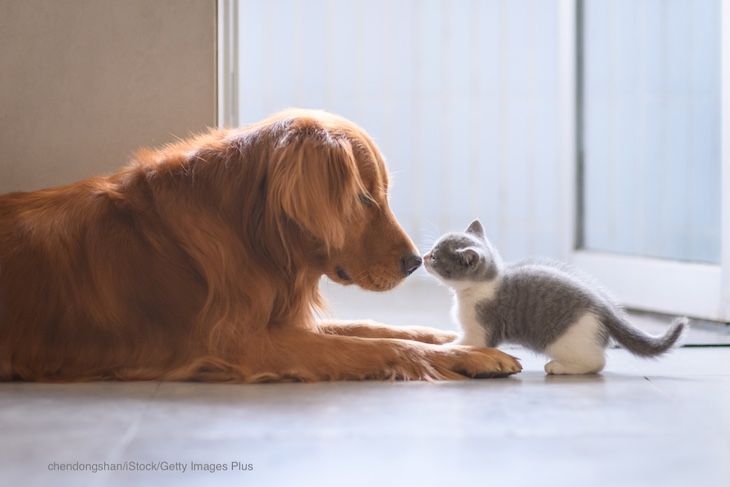The American Veterinary Medical Association says that pig ear dog treats are still a Salmonella risk despite interventions. Last year, 154 people in 26 states were sickened with Salmonella Javiana infections after coming into contact with pig ears that were sold as treats for dogs.

Thirty-five people were hospitalized in that outbreak because they were so sick. The pig ears were contaminated with seven different serotypes of Salmonella, and some were antibiotic resistant.
Pig ears that were imported from Brazil, Columbia, and Argentina were recalled as part of the outbreak investigation. But that isn’t the first time outbreaks have been linked to this product. Pig ear dog treat outbreaks have been occurring since 1999.
In response, the FDA has been blocking the import of some of these products from certain countries. That list now includes pig ear treats and similar products sold in the U.S. by 90 firms from 23 different countries.
Dr. Colin Basler, a veterinary epidemiologist in the Foodborne Outbreak Response and Prevention Branch at the Centers for Disease Control and Prevention (CDC), said in a statement, “Some people might not realize that the things they feed their pets could be contaminated with Salmonella and that there are things they can do to reduce their risk of getting sick.”
People can get sick by simply handling the pig ears, not washing their hands, and then eating. Or their pet can become sick or become a carrier, then shed the bacteria in their feces. The pathogens can get into the animals’ coat and paws and can contaminate the environment. Some of the patients got sick just because they petted their dogs and didn’t wash their hands.

If you or a loved one has been diagnosed with food poisoning linked to pig ear pet treats, you can contact attorney Fred Pritzker for help by calling 1-888-377-8900 or 612-338-0202.
Dr. Basler adds that pet foods should be stored away from human foods. In 2012, 50 people were sickened with Salmonella Infantis infections in an outbreak linked with dry dog food.
Salmonella can remain in the environment for a long time. In the case of the pig ear outbreak, the pathogen could have contaminated storage and sale bins and contaminated new treats even though they were not initially contaminated.
Pet food and treat manufacturers have been asked to control pathogens in their products. Many of these products are irradiated to kill bacteria, but investigations have found that some companies making these treats are not sufficiently controlling pathogens in their facilities.




